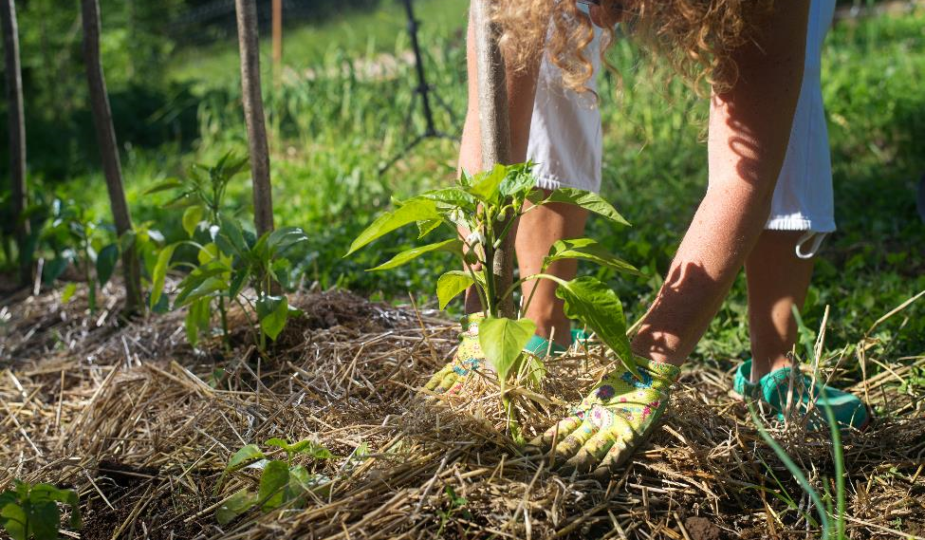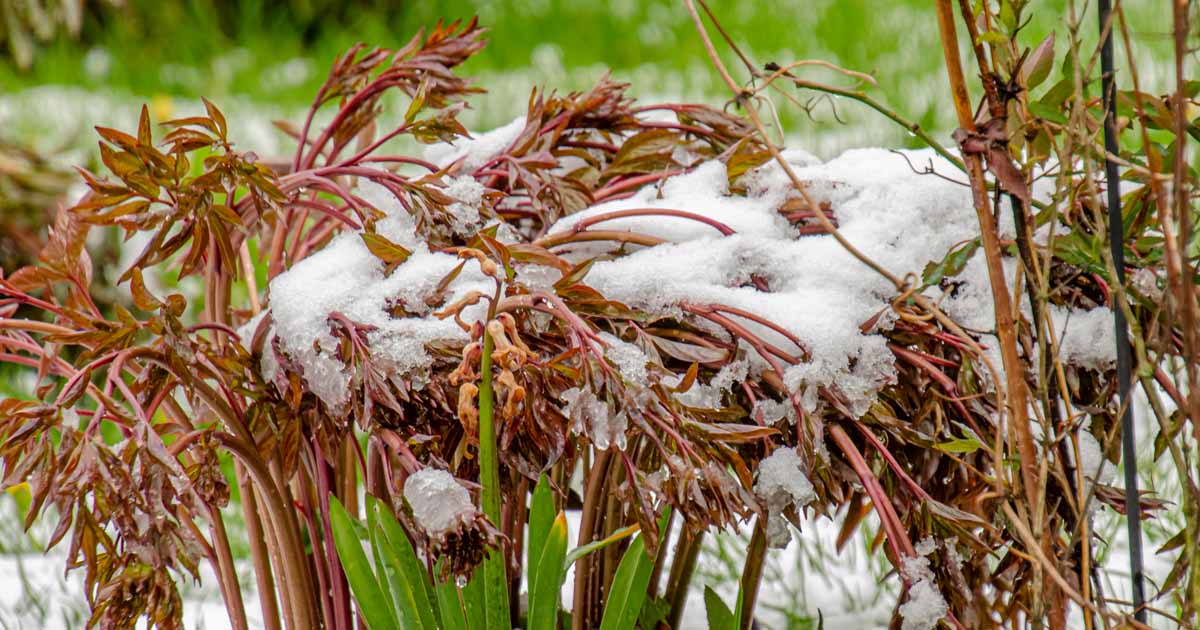
7 Tips to Protect Your Garden During Winter
The weather is getting cooler, days are getting shorter. The signs of winter approaching are as clear as ever. Many would-be gardeners take this shift in temperature as a cue to step back until spring.
However, gardening is a year-round activity, not a chore you can ignore when the weather isn’t quite as pleasant. Winter weather can be particularly unpredictable, and can cause extensive damage to your garden.
Fortunately, you can take preventative measures. These tips apply anywhere on the planet that experiences the occasional cold snap and will help your garden to survive even the most inhospitable weather.
Plan and Start Early
Fortunately, protecting your garden from winter doesn’t always involve you getting out in freezing temperatures. It’s mostly about preparation, starting early, and making sure your garden is ready before those extreme weather conditions come along.
The time to ‘put the garden to bed’ happens approximately one month before that initial killing frost, and that should give you plenty of time and opportunity for your garden to survive the winter. Just make sure you plan and start early!
Prune Your Garden
Most gardeners will tell you that pruning is a real chore, and most people tend to either under prune or do so too aggressively to get the job out of the way. But it’s one of the most important tips to consider over winter, allowing your plants and flowers to flourish when spring comes once more.
Pruning is also a job that is far easier during winter, which hopefully softens the blow of having to go out during the cold! Bare stems give you the opportunity to spot disease far more easily, and shaping shrubs can also be done without vegetation getting in the way.
Mulch is Your Friend
In the view of the gardener, mulch is an all-in-one invention, with a long list of benefits. It can work miracles, particularly in winter. You want to think of mulch as a cover, a protective blanket that will get your plants through the cold snaps ahead.
During winter, mulch will prevent the damaging freeze-thaw cycles that are commonly experienced during the season. If sensitive plants are exposed to freezing temperatures during winter, the damage may be irreversible.
Try and apply a generous layer of mulch after that initial freeze of the season. Opt for materials that are lighter in weight and won’t compact, giving your garden an ideal line of protection.

Don’t Forget Water!
Seasoned gardeners know that water remains a key ingredient to a thriving garden, even when many plants are dormant during the winter season. For example, shrubs and evergreen trees really suffer from a lack of water, especially when the wind is strong.
Plan to irrigate your garden at least once per month, if possible. Just make sure you double-check soil conditions before you do so; water wisely. You want to avoid root rot as much as possible. If appropriate, consider a drip irrigation setup for your garden.
Know Your Plants
When it comes to gardening, the concept of one-size-fits-all does not exist. You need to have an in-depth understanding of what is growing in your garden, ensuring you’re aware of what each plant type needs during the winter period.
Some plants, particularly native species, will need very little attention during the winter season. Over time, these have evolved to survive no matter what the seasons have in store. Be aware of the species that do need that extra bit of care, and you will not only help them survive the winter, but you will also avoid a lot of unnecessary work!
Put Frost Dates on Your Calendar!
In order to take preventative, rather than damaging, measures to protect your garden, you must be aware of the local average frost dates. When the temperatures start feeling a lot cooler as autumn begins to close, you have just 10-14 days until the first freeze. You need to make sure you act with time to spare.
Of course, know that these are just average dates. Estimates are based on historical data, which doesn’t necessarily have a bearing on what will happen this year. Be aware that unusual climatic events can cause environmental shocks, leading to unexpected cold spells, for example.
To prevent the weather from surprising you, find a reliable source for weather warnings. You can usually get relatively accurate data for the weeks ahead, particularly if the start of winter is expected.
Always Think Ahead
We’ll leave you with a general tip, but it’s worth noting: always think ahead. In order for your garden to give you maximum joy, consistency and planning will ensure you’re not always fighting against the tide.
Gardening is mainly about prep work, with the rewards coming during the growing season. You can undo a lot of your hard work during winter, so make sure your garden is ready for the seasonal challenge!









